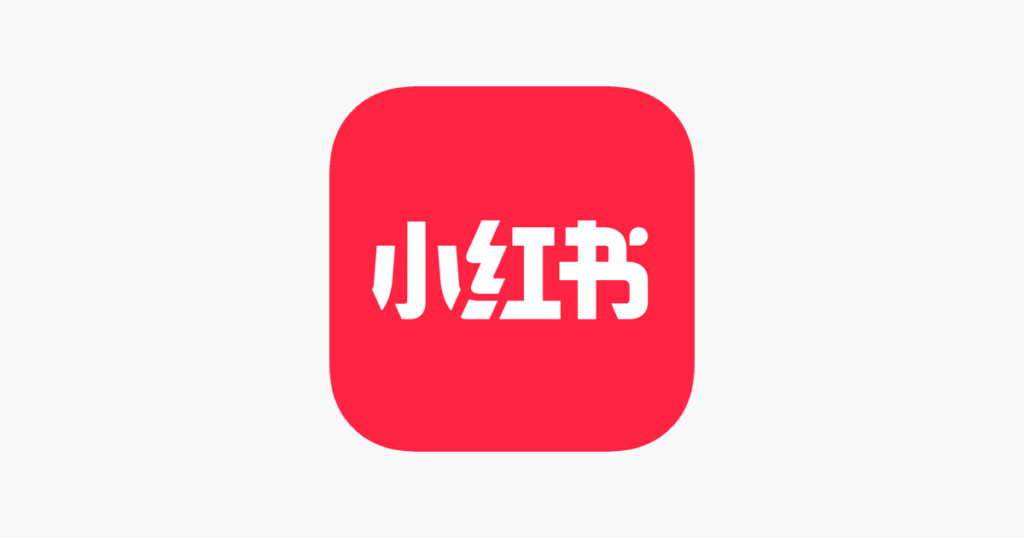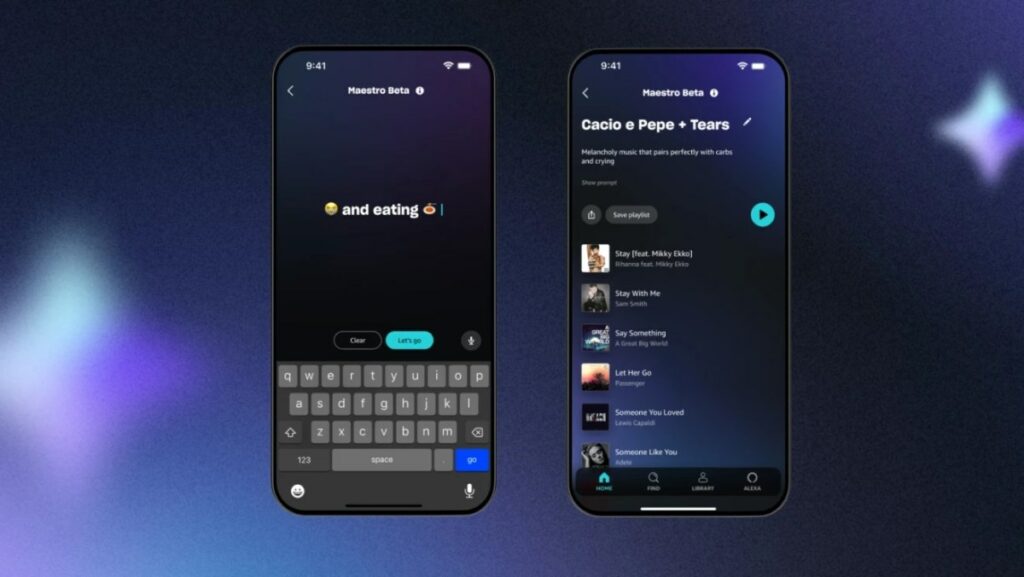On the heels of TikTok’s looming shutdown on January 19 over its ownership in the U.S. (unless the Supreme Court intervenes), it looks like another Chinese app is catching some attention. American users are flocking to Chinese short-form video app Xiaohongshu (known as RedNote in English). The app today surged to the No. 1 spot for free apps on the U.S. App Store. It is also the top Social Networking app across all free iPhone apps.
Several TikTok creators are promoting Xiaohongshu on their accounts, encouraging their followers to transition to the platform. Influencers may not have a crystal ball to predict whether TikTok will weather a ban, but Xiaohongshu gives them a way to hedge their social bets.
Why Xiaohongshu?
Xiaohongshu originally launched back in 2013, and it hits a lot of the right notes for creators looking for a TikTok alternative: it has a layout that’s similar to Pinterest’s; it is typically thought of as China’s answer to Instagram; and critically, it boasts a number of social shopping features.
And it also has been on a strong, viral trajectory. After a few steady years of growth, during the COVID-19 pandemic, Xiaohongshu boomed among younger Chinese consumers. It now boasts 300 million monthly active users; 79% of them women. For now, it’s the top app in the U.S.
Prior to the recent attention, the app had been downloaded approximately 3.2 million times in the U.S., according to Appfigures’ data collected from January 2017 onward.
Unsurprisingly, the startup has also caught the attention of investors. To date, it has raised some $917 million in venture funding, with backers including Tencent, Alibaba, ZhenFund, DST, HongShan (formerly Sequoia China), and some 13 others. It was reportedly valued at $17 billion following a secondary share sale in 2024.
According to a report from Bloomberg, the app is projected to increase its profits to over $1 billion in 2024 (it hit $1 billion quarterly sales last year, per this FT report), ahead of a possible IPO. This growth not only signifies the app’s potential but also hints at the promising opportunities it could bring to its creators.
It’s not clear whether Xiaohongshu will sustain the interest it’s getting right now. And if it does, it’s also still to be seen what that might mean in terms of scrutiny from U.S. authorities, given Xiaohongshu not only hails from China but seemingly has no pretense at all of being operative in the U.S.
Meanwhile, it’s notable that TikTok users have not been recommending apps from TikTok’s biggest rival in the country, which is going through its own drama. Meta recently announced that its stable of social apps, which include Facebook, Instagram, Threads and WhatsApp, would ease content moderation policies, discontinuing its third-party fact-checking in the process — raising concerns about the potential spread of hateful content and misinformation on its platforms.
This story was updated after publication to include Appfigures data.


